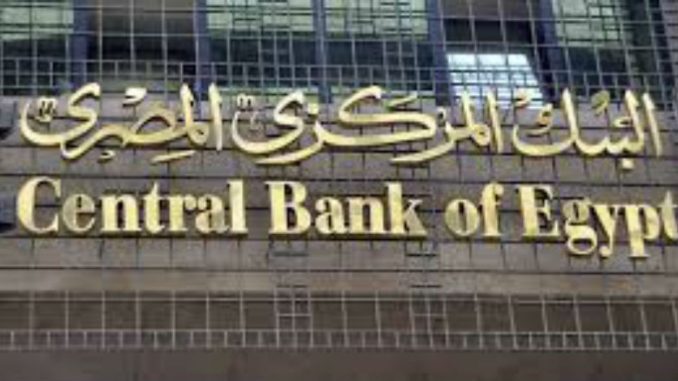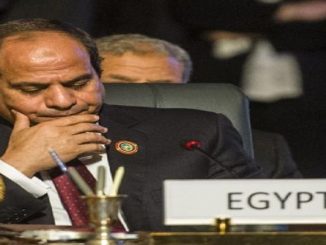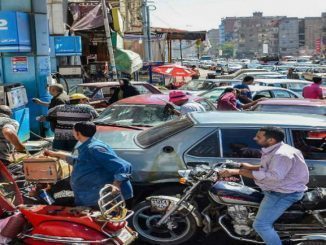
Egypt’s foreign debt rose to $88.2 billion in the third quarter of the 2017-2018 fiscal year, up from $73.9 billion in the same period the previous year, central bank data showed on Monday.
Egypt’s fiscal year begins in July and ends in June.
In December 2017, Egypt’s foreign debt stood at $82.9 billion.
Egypt has been struggling to revive its economy after the years of unrest that followed the 2011 Arab Spring uprising.
The government secured a $12 billion loan in 2016 from the International Monetary Fund for an economic reform program that included slashing fuel and electricity subsidies, imposing a value-added tax and floating the currency.
In recent days, public anger has been fueled by steep rises in the prices of fuel and cooking gas, the third such hikes since the flotation of the Egyptian pound in November 2016.
The latest price increases (of up to 50% for gasoline and more than 60% for gas canisters) are part of austerity measures that the government hopes will reduce public debt and resuscitate the ailing economy.
The reform measures — a requirement for Egypt to obtain the International Monetary Fund’s loan — are piling pressure on poor Egyptians who struggle to cope with high unemployment and double-digit inflation.
Seemingly worried about a fresh wave of protests like that provoked by the recent rise in metro fees, the government announced the latest price increases as Egyptians were celebrating Eid Al-Fitr, the holiday marking the end of the Muslim fasting month of Ramadan. The news cast a pall over the Eid celebrations, dampening the holiday mood and sparking an outcry on social media.
As a result, using the Arabic hashtag for #Sisi_Leave, opposition activists defiantly listed a host of reasons they believe Sisi, should step down. The hashtag has been trending with activists posting pictures of the Jan. 25, 2011, mass uprising that forced former President Hosni Mubarak to step down.
According to the Washington Post latest article, Egypt’s al-Sisi is confronting one of the toughest challenges he has faced since seizing power five years ago, as rising prices linked to economic austerity measures take a toll on his core middle-class supporters.
In 2013, Abdel Fattah al-Sisi orchestrated a military coup against Morsi, prompting protests and a police crackdown. Investors and tourists stayed away. Sisi, elected president a year later, inherited an economic crisis.
Sisi, who was won a slide victory in March to a second term after his main opponents withdrew because of fear, intimidation and other reasons, has launched several large infrastructure projects, including new roads and electrical capacity. Critics say money spent on large investments, such as developing a new branch of the Suez Canal, could have been used to alleviate economic suffering.



